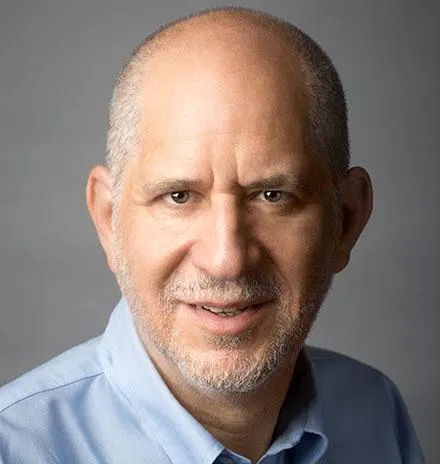Max Bazerman, co-author of "You Can't Enlarge the Pie," discussed the flaws in government decision making in an email interview with HBS Working Knowledge Editor Sean Silverthorne. Bazerman is Jesse Isidor Straus Professor of Business Administration at Harvard Business School.
Silverthorne: Obviously, government decisions affect businesses in many ways. What are the implications for business leaders in the U.S. of the government continuing to make decisions based on the mistakes that you discuss in "You Can't Enlarge the Pie?"
Bazerman: The implications are that we will continue to make decisions that miss opportunities to make all parties better off. We will end up with inefficient methods of creating a cleaner environment. We will continue to miss opportunities to provide more services for the poor at lower costs. And we will continue to watch the left and the right wings battle over who gets the biggest piece of the pie, while paying little attention to expanding the pie of social resources for all.
Q: If I recall my political science studies, lawyers and career politicians are disproportionately represented among the ranks of elected officials, at least at the federal level. Would government be better served by having more business leaders in office?
A: I don't think that a business school professor can offer unbiased advice on who should run government. However, it is clear that most elected officials miss the key lessons that are taught in conflict resolution and negotiation classes concerning how to enlarge the pie. I believe that the mindset of exploring wise tradeoffs is more common in business schools than in law or policy schools, where adversarial relations are too commonly accepted as normal. Perhaps the most important goal should be to train students across professional schools to identify and implement opportunities for mutually beneficial tradeoffs.
Q: Wasn't the U.S. government set up by the founding fathers to, in effect, be inefficient—that is, three branches of government serving as checks and balances—to ensure that no one branch dominates? Does this structure preclude us from ever seeing the kind of reform you advocate?
A: We strongly believe in the importance of the checks and balances, particularly as a means of curbing corruption. But inefficiencies are perhaps a natural byproduct of checks and balances. We focus on ways to grow the pie of social resources within the legal and legislative systems of the United States, as well as within the democratic systems of other nations. The constraints that democracies place on power certainly do not preclude reform. In fact, reform is most likely to be blocked by anti-democratic practices, such as the widespread and inefficient practice in this country of special-interest groups currying political favor via soft-money campaign donations. Politicians are tired of hosting fundraisers, and business leaders are sick of being hit up for money. A lot of the inefficiencies and waste we document in our book could be eliminated by the adoption of meaningful campaign-finance reform. Unfortunately, the majority of the public does not press its leaders on this issue.
Q: You discuss a number of high-profile environmental debates, including animal conservation, overfishing, and global warming. Why hasn't the U.S. government been able to hammer out an environmental policy that will appease both environmentalists and industry?
A: Parties in environmental disputes are typically victims of the "myth of the fixed pie," or the assumption that "anything good for our side must be bad for them," and vice versa. This mindset calls off the search for wise tradeoffs that would benefit both sides.
Although it has saved many at-risk species, the 1973 Endangered Species Act (ESA) has fostered a great deal of animosity between environmentalists and industry. The story of forester Ben Cone Jr. is a touchstone for ESA critics. In 1991, the U.S. Fish and Wildlife Service found 29 red-cockaded woodpeckers, an endangered species, living on Cone's North Carolina land. Acting under the authority of the ESA, the Service seized control of 1,500 acres of Cone's property. After the seizure, Cone switched from sustainable forestry to massive clear-cutting on other parts of his land—a disastrous decision from both an economic and environmental perspective.
An alternative to this inefficient solution, from both economic and environmental perspectives, was to create a Habitat Conservation Plans (HCP) within the ESA. HCPs allow private landowners such as Cone "incidental take" of endangered species during lawful development, provided they undertake certain steps to preserve the species. HCPs are a way to grow the pie. Unfortunately, the mythical fixed-pie often prevents parties from even looking for wise solutions.
Q: In doing research for the book, were you surprised by anything you ran across?
A: I was surprised by what I learned about my own political views. I have always had strong opinions about the relative lack of wise decision making within government. And, while I clearly identify with one major party over the other, I was delighted to develop a clearer understanding of why I am often bothered by the positions of both major political parties. I was surprised by the degree to which each party is willing to forego the interests of society to engage in self-serving behaviors, often simply for the sake of winning a high-profile political battle. We hope that our book gives our readers the tools they need to evaluate politicians on the extent to which they make wise, creative decisions that benefit as many people as possible.
